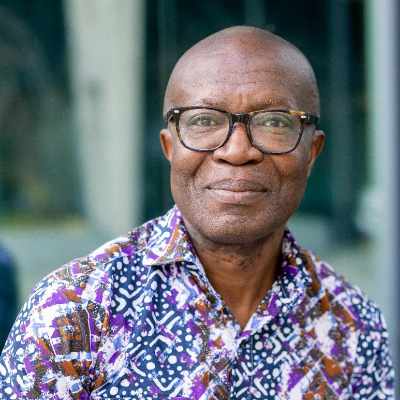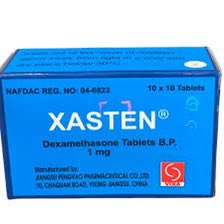By Joan Obinagwam
There is dire need for African countries to revisit the agreement reached in Abuja, Nigeria’s capital, in 2001, if Africa must achieve sustainable development in its healthcare sector.
Confiance News gathered from the Director for Health Systems at PharmAccess Group, Dr. Kwasi Boahene during a webinar held for journalists aimed to advance growth in Africa’s healthcare system.
He said that African leaders convened in Abuja to discuss the way forward for Africa’s healthcare and agreed to commit at least 15 percent of their budget to it.
“In 2001, they (African leaders) agreed to use 15 percent of their budget for healthcare. Only two countries have started implementing it,” he disclosed.
He lamented that only two countries— South Africa and Cape Verde, out of the many African countries that signed the agreement have started implementing it.
Boahene said that Africa has 16 percent of the world’s population;
47 percent of the diseases in the world happen in Africa whereas only 2 percent of their budget is spent on healthcare.
He stated that political commitment is a focal factor to consider in order for Africa to achieve its healthcare goals.
“One obvious thing is political commitment and leadership. It is even better than capacity,” he stressed.
The director also highlighted the various roles PharmAccess have played in closing the gap in accessing healthcare in Africa.
Boahene said that PharmAccess was at the fore of ensuring that Africans living with the human immunodeficiency virus (HIV) have access to anti-retroviral drugs at a time when it was near impossible to get the drugs in Africa.
He added that PharmAccess has built a network with entrepreneurs, in Europe and most advanced countries to invest in healthcare entrepreneurs in Africa.
The health systems director noted that Africa should look beyond charity and invest in private entities that have the capacity to deliver sustainable services and products with topnotch customer service.
He disclosed that PharmAccess has issued about 8,327 loans and reached about 2,026 million people through its network.
He added that insurance and technology are important vehicles to achieve sustainable healthcare for Africa.
Boahene urged journalists to write stories that would engender development in Africa’s healthcare sector.
Reacting to what is expected of journalists, he said: “How do we write so that those who don’t have access to care can get care.”
“In highlighting inequality, we have to make politicians uncomfortable so that they can do the right thing,” he continued.

Corroborating, the coordinator of the programme, Francis Kokutse, who is also a journalist with the Associated Press (AP) said: “How come after many years after the Abuja declaration the signatories have refused to implement the agreement? This is an issue journalists should look into.”
What you should know about Abuja declaration on health
The Abuja Declaration on health in Africa was signed by the heads of state and governments of the African Union (AU) countries on 27 April 2001 in Abuja, Nigeria.
Confiance News learnt that the declaration calls on all signatory countries to prioritise investment in public health and to allocate at least 15 percent of their annual budgets to the health sector.
The declaration also urges donor countries to fulfil their target of 0.7 percent of their Gross National Product (GNP) as official development assistance to developing countries. The declaration was meant to strengthen Africa’s health systems and ensure their preparedness for disease outbreaks.
Cover Photo Caption: The Director for Health Systems at PharmAccess, Dr. Kwasi Boahene. Photo Credit: Africa diaspora network.




